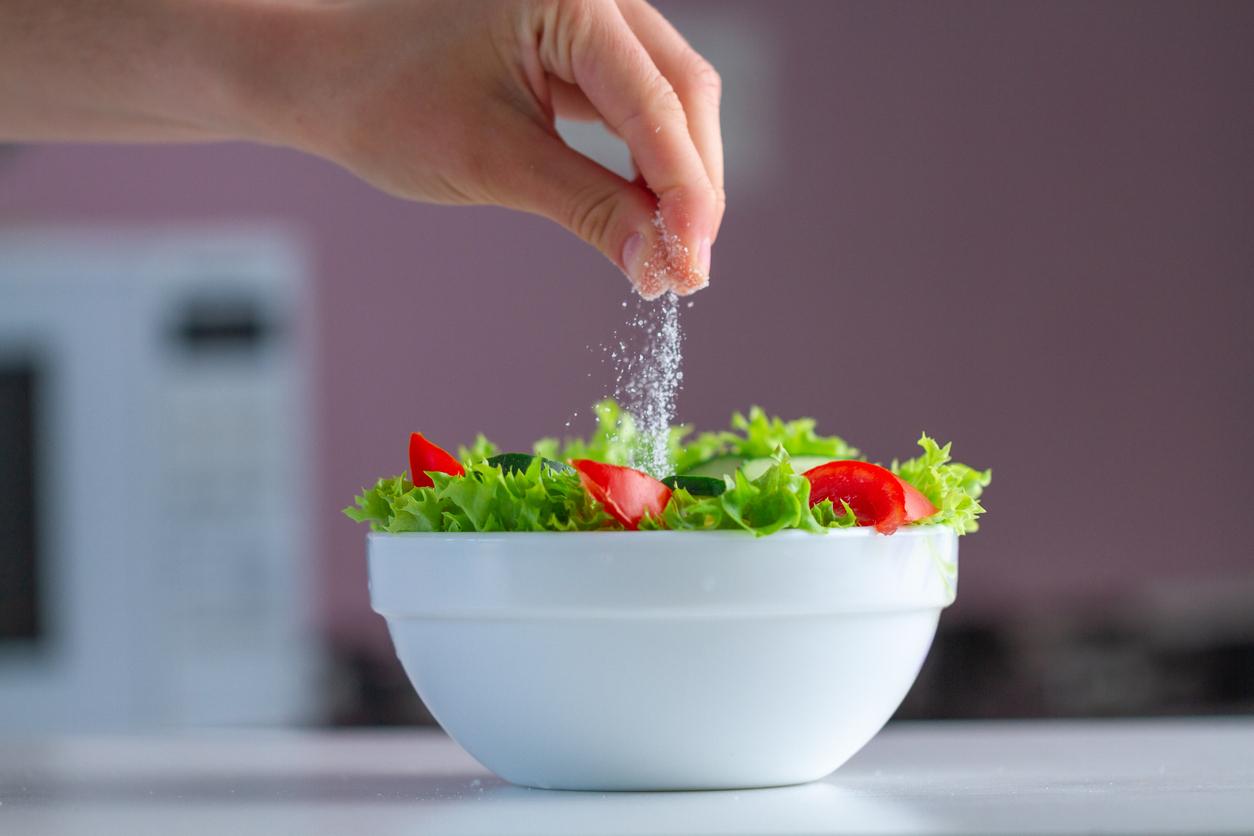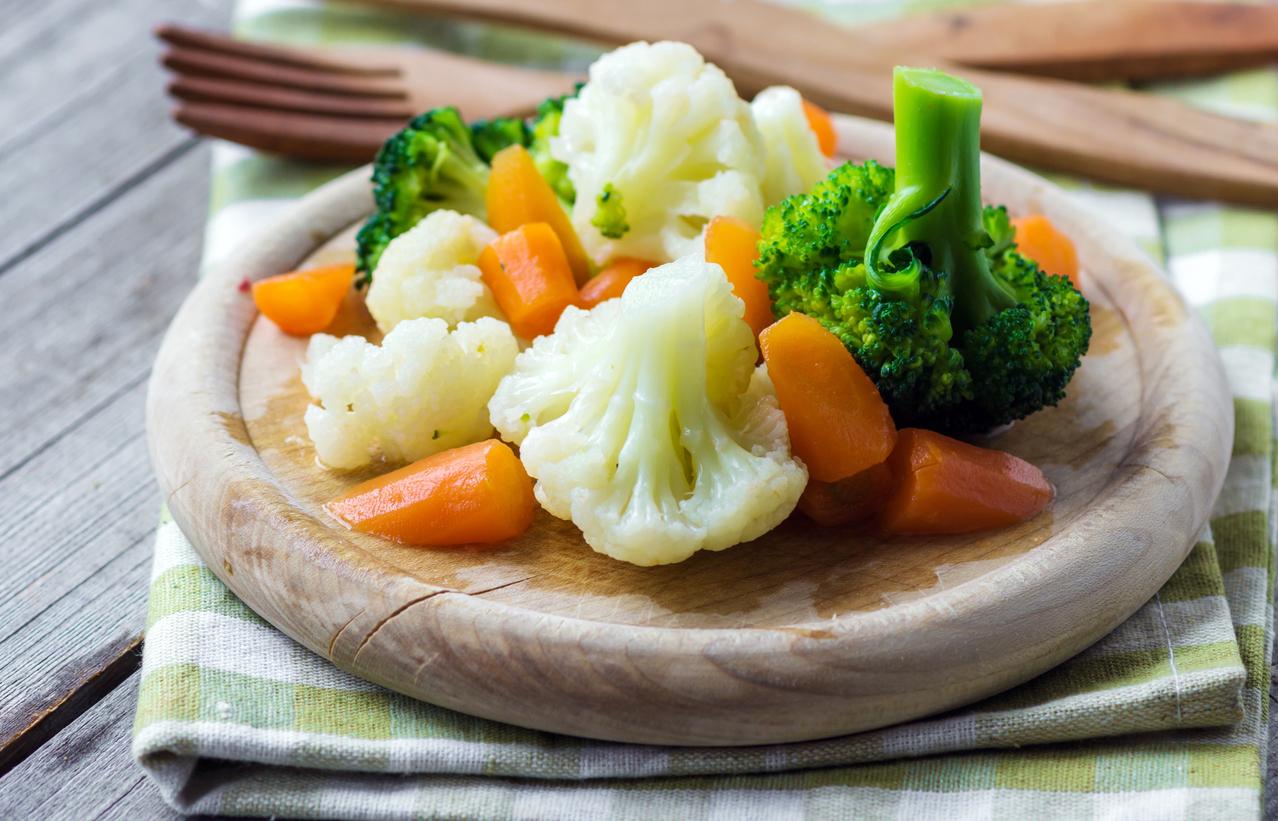
The function of a pinch of salt in pasta or vegetables
Good question! In this section PlusOnline goes in search of answers to nagging questions. This time: Is it necessary to add salt to the cooking water?
Salt gives pasta a deeper taste
You will find it in many recipes: adding a pinch of salt while cooking the pasta, potatoes or broccoli. Whether it is necessary depends on the result you want. Adding salt to the pasta cooking water would add flavor to your tagliatelle, spaghetti or penne during the cooking process. Chefs swear by it and recommend making the cooking water ‘as salty as the sea’, a phrase they also use in Italy. This means that you would add about a tablespoon of salt per 500 grams of dry pasta. That equates to 3 grams of salt per liter of water, which is again about 2/3 teaspoon.
You don’t have to use expensive salt for this: regular table salt is sufficient. Make sure that you do not take iodine-containing salt. This can give the pasta a metallic taste. If you find it less or not important to give your pasta a deeper and layered taste, or if you follow a low-salt diet, you can of course leave it out.
Salt would cook pasta sooner
It is sometimes said that adding salt to the pasta water makes the pasta cook faster, but this is a myth. It is true that the boiling point of salt water is somewhat higher, but if you want to create this effect in your own kitchen, we are talking about large amounts of salt. A pinch won’t make a difference here.

Cooking vegetables with salt
The answer to the question regarding vegetables is simple: it is not necessarily necessary to add salt to the cooking water of vegetables. Just like with pasta, salt is added to the water for taste. However, there are also stories that it helps to retain any mineral salts of the vegetables. For beans, when you soak them in water, the skin breaks open. Soaking them in salted water will keep the skin intact. Salt can ensure that vegetables absorb less moisture and retain their own volume, but whether this has anything to do with the nutritional values is not yet scientifically proven.
Flavoring food without salt
Your body needs salt to regulate the amount of fluid in your body, but too much salt increases the risk of high blood pressure. In the Netherlands we eat too much salt: about 85 percent of the Dutch consume more salt every day than the recommended maximum of 6 grams. Salt occurs naturally in almost all foods, but more than 80 percent of the salt we ingest is found in naturally salted and especially processed foods. We add the other 20 percent to our food ourselves. Fortunately, there are plenty of other, healthier seasonings, such as fresh or dried herbs, that you can use to season dishes without salt.
Sources):
-
- Dragonfly

















